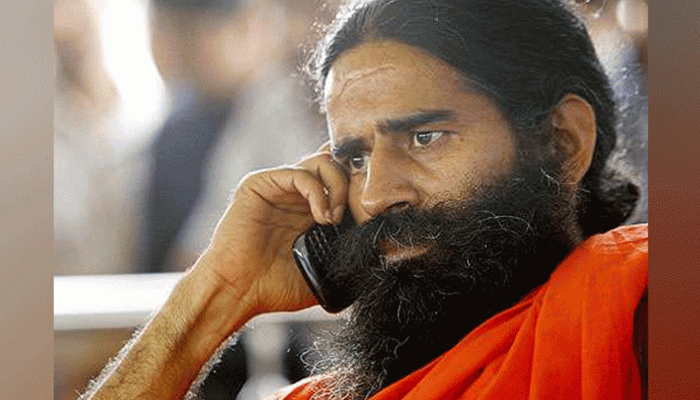TRENDING TAGS :
Costly Apology? Patanjali Spends Rs 10 Lakh in Newspapers After Ad Trouble
Yoga guru Ramdev and Patanjali faced the Supreme Court for misleading advertisements. After multiple warnings, a public apology was filed, but the court demands more.
Ramdev
In a recent development in the ongoing saga between Patanjali Ayurved, yoga guru Ramdev, and the Supreme Court, the company issued a public apology for running misleading advertisements for their products. This comes after the Court expressed strong disapproval of the company's marketing practices and the lack of remorse shown in previous attempts to address the issue.
The controversy centers around advertisements for Patanjali's Ayurvedic products that made unsubstantiated claims about their efficacy in curing diseases like diabetes and high blood pressure. The Court has repeatedly raised concerns about the potential for such advertisements to mislead consumers and endanger their health.
This is not the first time Patanjali and Ramdev have faced legal action for misleading advertisements. In the past, the company has been fined for similar offenses. However, the Supreme Court's current stance indicates a growing frustration with the company's repeated disregard for advertising regulations and consumer protection laws.
The public apology, published in several national newspapers, expresses regret for the "mistake" of publishing advertisements and holding press conferences even after the Court's initial warnings. However, the Court has questioned the sincerity of this apology, particularly considering its size and placement compared to the original, allegedly misleading advertisements.
The Court has asked for a more concrete demonstration of Patanjali's commitment to ethical advertising practices. This could involve corrective measures such as running counter-advertisements to clarify any misinformation spread by the earlier campaigns. Additionally, the Court might impose stricter penalties to deter future transgressions.
This case highlights the importance of responsible advertising, especially when it comes to health and wellness products. Consumers rely on accurate information to make informed decisions about their healthcare. Misleading advertisements can not only erode consumer trust but also potentially lead to harm if individuals are persuaded to forgo necessary medical treatments.
The outcome of this case will be closely watched by consumer rights advocates and the advertising industry as a whole. A strong stance by the Supreme Court could set a precedent for stricter enforcement of advertising regulations in India, ensuring greater protection for consumers and promoting ethical marketing practices.



